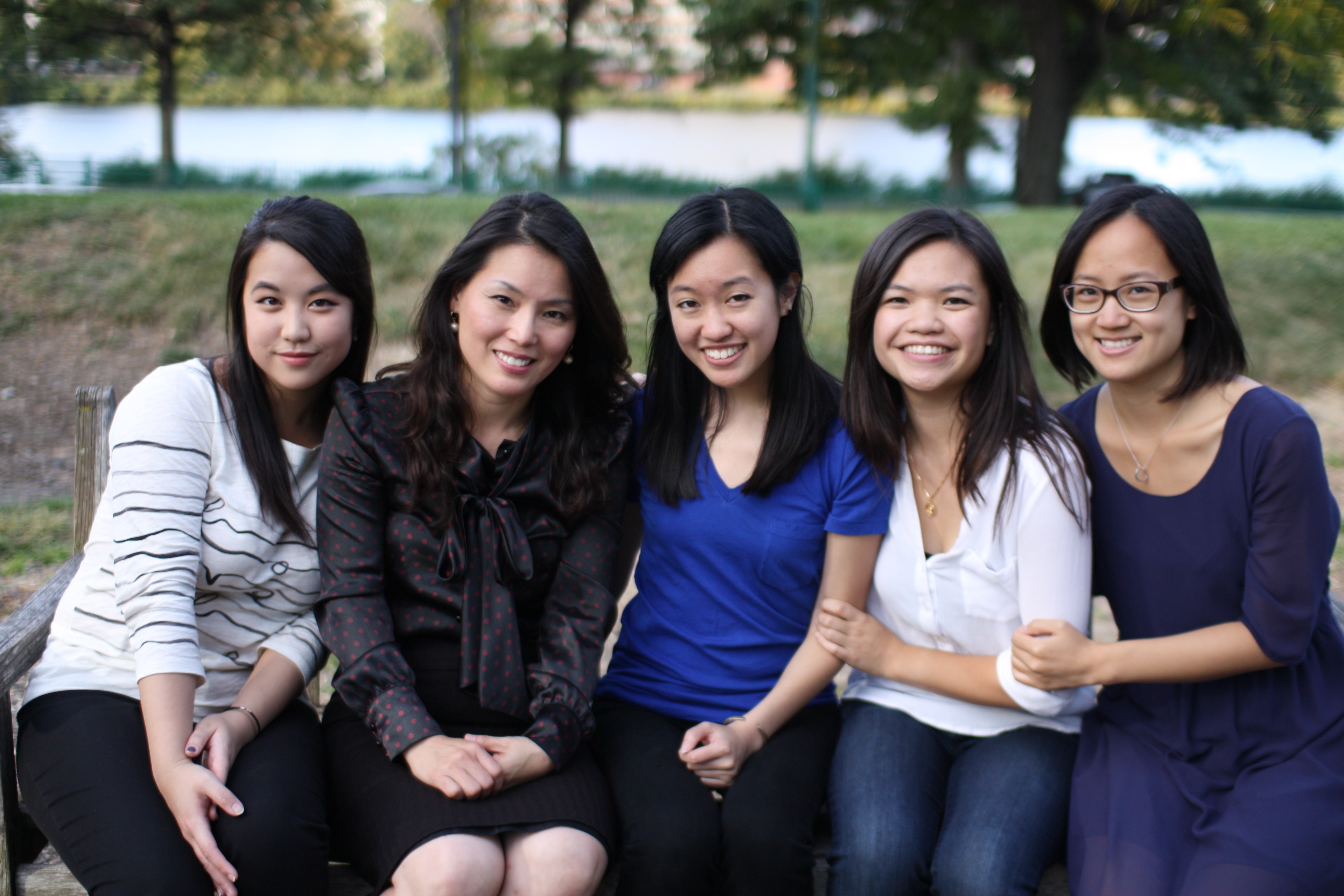News
Cindy Tao (MSW’22) Uses AWARE Training to Bolster Cultural Competence in Mental Health Practice

When Cindy Tao (MSW’22) started work in her small group private practice, she quickly noticed that her clients, who are predominantly Asian and Asian American women under the age of 55, experienced unique challenges around stress and navigating their lives in a multicultural context.
“One huge challenge I always see in my clients are these multicultural issues embedded within generational and intergenerational trauma,” Tao says. “This trauma, in combination with the current disorders in the DSM-5, is a multifaceted experience that isn’t captured in the existing diagnostic manual.”
Tao’s findings aren’t unique. According to the National Center for Health Statistics, suicide accounted for 23% of deaths among Asian American women aged 15 to 24, a prevalence notably higher than the 13% observed across all U.S. women in the same age group.
Prof. Hyeouk “Chris” Hahm, associate dean for research and professor at BU School of Social Work (BUSSW) developed a research-based mental health intervention to address the challenges Asian American women were facing – Asian Women’s Action for Resilience and Empowerment (AWARE). Clinicians can now become certified in AWARE through an online certificate offered by the Network for Professional Education.
Tao, who completed the certificate in 2023, found the training essential to her practice.
“It was helpful to see that these concepts have labels to them so that Asian American women don’t feel so isolated or alone,” Tao says. “The certificate introduced a lot of these topics in clinical terms and helped women name what they were experiencing.”
Tao felt the certificate’s description of Abusive, Burdening, Culturally-disjointed, Disengaged, Gender prescriptive (ABCDG) parenting styles was especially helpful for her and her clients.
“The ‘burdening’ parenting type comes up a lot in my work. A lot of my clients are raised with the idea that they have to invest in their parents’ livelihood and experience pressure to succeed,” Tao says. “While these experiences are common, clients feel that they can’t talk about it because they feel as though they are betraying their parents.”
When clinicians are better able to help clients discuss these parenting styles, they can reduce unhealthy coping mechanisms and improve outcomes. Concepts like ABCDG parenting, paired with the variety of worksheets in the AWARE certificate training manual fortify learning. Tao believes this has been transformative in her clients’ everyday lives.
AWARE has the power to change clients’ lives for the better, but it also can change social work practice and education. Cultural competence is a key social work standard, but Tao reports that several of her clients mention moving between therapists because they didn’t understand the client’s specific experience as an Asian American woman. AWARE addresses this gap in education, helping social workers and other clinicians understand the fundamentals of different people’s experiences.
“The AWARE training is not limited to certain groups of people, and I feel that it’s our duty as social workers to continue upholding that cross-cultural learning,” says Tao. “The AWARE certificate in particular can help social workers who aren’t Asian build their cultural competence.”
Since its introduction in 2023, the AWARE Training certificate has appealed to social workers and mental health professionals from a variety of backgrounds who work with a diversity of clients experiencing cross-cultural challenges.
To learn more about the AWARE Training Intervention, view the introductory webinar recording.
Learn more and register for the AWARE Training Certificate.